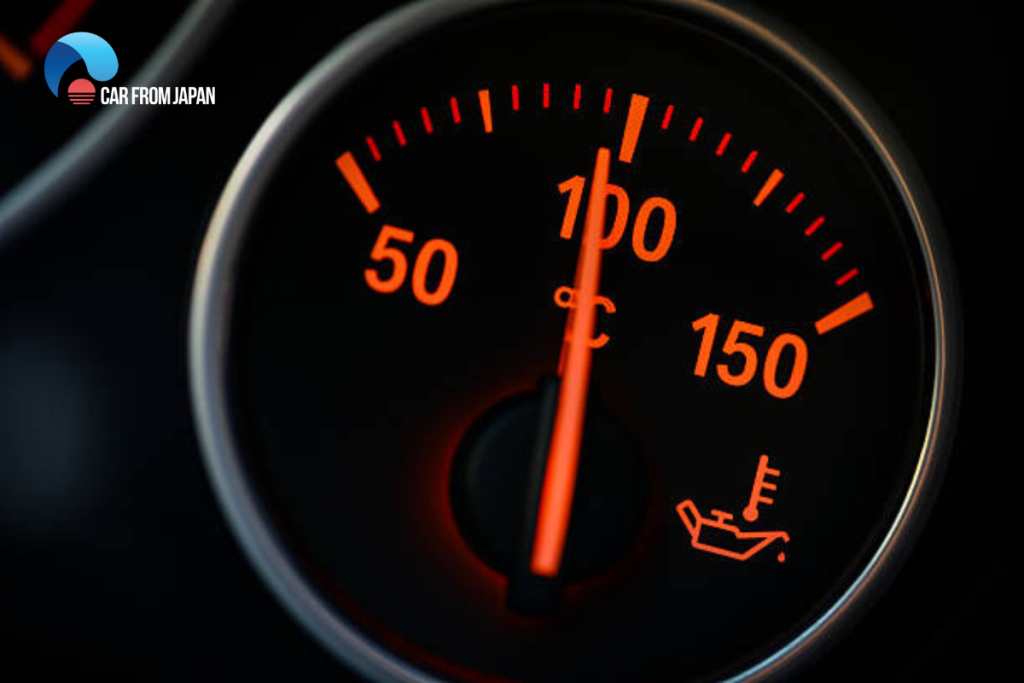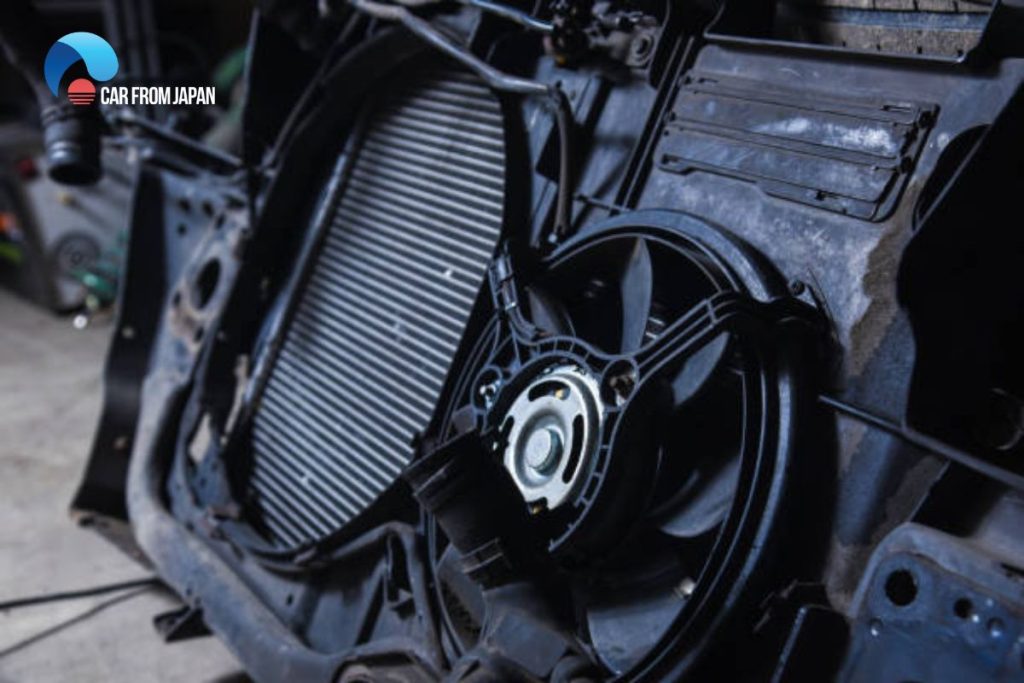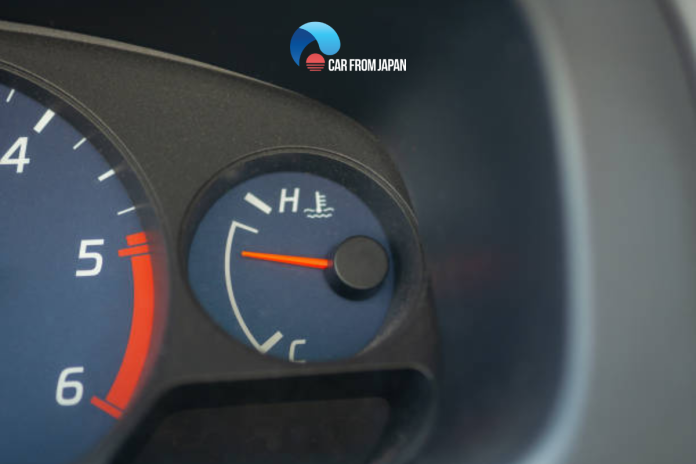Under normal conditions, a car temperature gauge should rise gradually and then settle into a steady middle position. If your gauge spikes immediately or seems to reach operating temperature much faster than usual, it signals an efficiency issue. Here are the most common faults, from low coolant to sensor errors, that cause the temperature needle to climb too fast.
Contents
- Why Does the Car Temperature Gauge Go Up – Know Here
- FAQs
- What is the normal operating temperature range for a car’s engine?
- Why does the temperature gauge go up faster when I’m idling in traffic?
- Is it safe to add water to the coolant reservoir if the temperature gauge is rising quickly due to low coolant levels?
- Can driving at high speeds cause the temperature gauge to rise quickly?
- Summary
Why Does the Car Temperature Gauge Go Up – Know Here
The advancement in automobile technology has made car overheating an obsolete issue. One still cannot ignore that the probability of your car breaking down in the middle of nowhere still exists.
When your car shows signs of overheating, make sure to check the temperature gauge. It is the first one to go upwards in such circumstances. When the gauge sign crosses the optimal mark, you should take note.
We recommend you browse online to find the best car maintenance tips for keeping your vehicle in good shape.
Given below are the four reasons why your car temperature gauge goes up so soon.

Low coolant level
The most common cause of your car overheating is the low coolant level. The coolant agent is responsible for removing heat from the car engine. If the coolant reserve were empty, you would need to refill it as soon as possible.
One more reason for this issue is the leakage of coolant in the car water pump, heater core, freeze plugs, cylinder heads and block, head gasket, thermostat housing, and automatic transmission oil cooler.
It is the first reason why your car temperature gauge goes up so soon.
Radiator fan failure
The primary function of the radiator fan is to draw cold air into the car radiator when you are not driving the car too fast. We would suggest you look under the hood to make sure the radiator fan is running.
You should check the air conditioning unit of the car and try turning it on. If it does not work, you have a faulty radiator fan in your vehicle.

Faulty water pump
The water pump is the heart of the car’s cooling system. Its primary function is to propel the coolant throughout the cooling system. The water pump can malfunction at times. It would lead to improper coolant flow.
The reasons for the failure of the water pump malfunction include seal leakage, shaft breakage, and casting breakage. It is one of the reasons why your car temperature gauge suddenly goes up.
Head gasket failure
A failure of the head gasket is one of the worst possible conditions responsible for your car’s temperature gauge going all the way up.
Head gasket is a crucial element of the car engine, which forms a seal between the engine block and cylinder head.
It seals the combustion chamber, coolant, and engine oil pass. Damage to the head gasket can lead to severe issues with your car.

FAQs
What is the normal operating temperature range for a car’s engine?
The normal operating temperature for most car engines falls between 195°F to 220°F (90°C to 105°C). The temperature gauge should typically stay within this range when the engine is running.
Why does the temperature gauge go up faster when I’m idling in traffic?
When idling in traffic, there is less airflow through the radiator to cool the engine, which can cause the temperature gauge to rise more quickly.
This is normal to some extent, but if it constantly overheats in traffic, it may be due to a cooling system problem.
Is it safe to add water to the coolant reservoir if the temperature gauge is rising quickly due to low coolant levels?
In an emergency, you can add water to the coolant reservoir to temporarily increase coolant levels.
However, it’s essential to use a proper coolant mixture as soon as possible to maintain the engine’s protection against freezing and overheating.
Can driving at high speeds cause the temperature gauge to rise quickly?
Driving at high speeds generally increases airflow through the radiator, which can help keep the engine temperature within the normal range.
If the temperature gauge rises significantly at high speeds, it may indicate a cooling system issue.
Summary
The most important takeaway is this: a rapidly rising temperature gauge is a serious warning sign that shouldn’t be ignored. While sometimes the cause is simple, like a faulty sensor or an air bubble, it often points to critical issues like low coolant, a failing thermostat, or a struggling water pump.
If your gauge consistently spikes quickly, you need to stop guessing and get a proper inspection. Catching these problems early is the best way to prevent a minor cooling system fix from turning into a major, overheated engine repair. Keep an eye on that needle—it’s the early warning system that keeps your engine alive!



